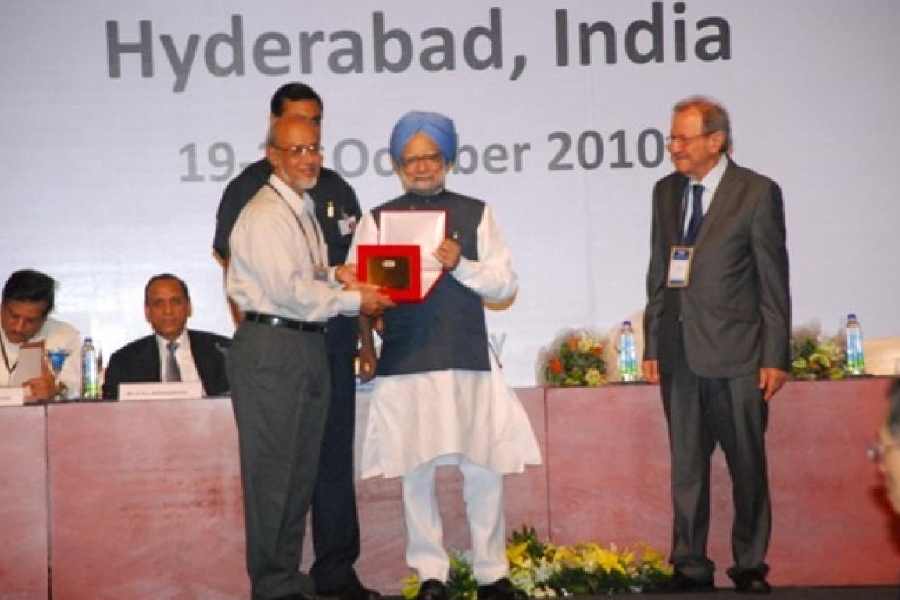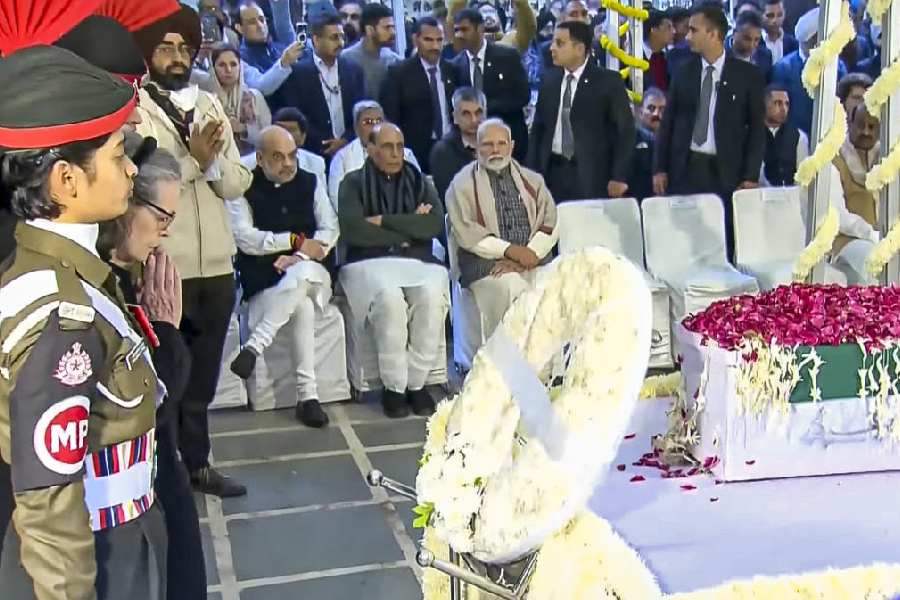At a science award function in Hyderabad 14 years ago, former Prime Minister Manmohan Singh had whispered to an awardee: “The nation is proud of you, but make sure your students make the nation proud.”
Partha Pratim Majumder, an emeritus scientist and former director of the National Institute of Biomedical Genomics in Kalyani, says he will never forget those words that appeared to reflect, through a single sentence, Singh’s commitment to science, education and the country.
Singh, best known as the architect of India’s modern economy, also staunchly supported science and education, helping to establish around 50 institutions during his two terms as the Prime Minister, members of the science community recalled on Friday.
Senior scientists and policymakers said they also view Singh as the architect of the second phase of post-independent India’s science, education and research ecosystem between 2004 and 2014. The first phase was driven by Jawaharlal Nehru during the 1950s and early 1960s.
The Centre during Singh’s tenure as the Prime Minister established five Indian Institutes of Science Education and Research, including one near Calcutta, eight Indian Institutes of Technology, five Indian Institutes of Information Technology, seven Indian Institutes of Management, and 16 central universities.
Raghunath Mashelkar, former director-general of the Council of Scientific and Industrial Research and former member of the Prime Minister’s scientific advisory council, said some of these new institutions were located in states that didn’t have them, opening up access for the economically and socially deprived sections of society, he said.
“He listened to science leaders of the time — among them Prof C.N.R. Rao and secretaries to the departments of science and technology, biotechnology — and ensured that all their good ideas were realised without much delay and with generous funding support,” said L.S. Shashidhara, director of the National Centre for Biological Sciences, Bangalore.
“Dr Singh emphasised the need to support science and technology for the country’s sustainable and equitable growth,” Shashidhara said. “Indian initiatives in science and technology during Dr Singh’s time have contributed to the growth of science and technology globally, both in the academic and industrial sectors.”
“And this was done without compromising democratic values and processes,” he said.
Majumder, who had received The World Academy of Sciences award from Singh in Hyderabad in 2010, said he also had the privilege of listening to him in Chennai in 2011 when the Prime Minister
had inaugurated the 98th session of the Indian Science Congress.
“He emphasised that scientists in India should think big, think out-of-the-box and think ahead of their times,” Majumder said. “Insightfully, he noted that the practice of science is based on both the search for truth and the adventure of new ideas. He emphasised that a university is the place to pursue both goals. But he lamented that our universities are becoming steeped in bureaucracy; they have to be more hospitable to creativity and genius and more open to talent and to the challenge of new ideas.”
However, what stuck in Majumder’s mind from that speech was Singh’s observations about the relationship between science and society and his assertion that scientists were not just servants who do the bidding of their paymasters but driven by curiosity and sought knowledge for its own sake.
“In the prevailing climate, the pursuit of science that seeks knowledge for its own sake is strongly discouraged,” said Majumder, former president of the Indian Academy
of Sciences. “Sadly, our science funding agencies no longer support such pursuits of science.”











